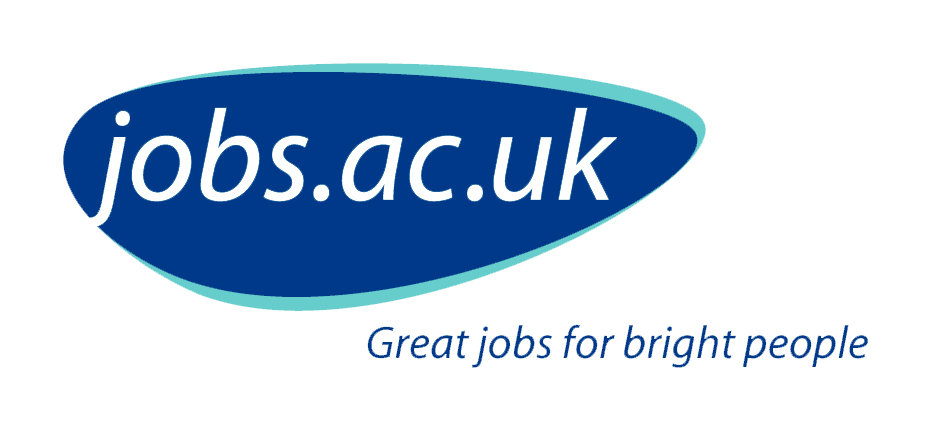[ad_1] Developing a novel drug delivery system for a focal therapy to drive regeneration in radiotherapy-injured tissue Deadline: Mond
[ad_1]
Developing a novel drug delivery system for a focal therapy to drive regeneration in radiotherapy-injured tissue
Deadline: Monday 27th November 2023, 5pm
1st Supervisor: Dr Elaine Emmerson
About the Project
Radiotherapy is a life-saving treatment for those with head and neck cancer (HNC; 550,000/year worldwide) and >75% undergo radiotherapy as part of their treatment regime. Although radiotherapy is increasingly effective in treating cancer, it also damages/destroys healthy tissues within the radiation field as a side-effect. In particular, damage to the salivary glands (SGs) can lead to tooth decay and repeated oral infections, as well as difficulties in speaking, chewing and swallowing, which severely affect quality-of-life. Specifically, the saliva-producing acinar cells are destroyed, resulting in salivary dysfunction and chronic dry mouth (termed xerostomia). Patients rely solely on short-term treatments which temporarily alleviate the symptoms, but do not replicate the consistency and oral protective features of saliva. To date there is no permanent, long-term cure.
A regenerative strategy to restore normal SG function would provide a long-term treatment and could eliminate the need for lifelong salivary replacements for xerostomia patients. However, this approach has been hampered by the lack of drug delivery systems that can stimulate local regeneration and function of the SGs. Our previous work has shown that cholinergic drugs can effectively stimulate regeneration; however, there is currently no strategy to restrict this locally to the SGs, and significant dose-limiting toxicities would occur if given systemically.
This project represents a novel, multi-disciplinary approach, that builds upon the discovery of the Emmerson lab (1st supervisor), that SG regeneration can be driven by cholinergic stimulation, coupled with the powerful new chemistry developed by the Unciti-Broceta lab (2nd supervisor), which could enable local catalytic conversion of an inactive to an active drug. This would provide a way of restoring SG function after cancer treatment whilst limiting systemic side-effects. Such a therapeutic option has never yet been explored for those living with the side-effects of cancer treatment but would help tackle a major clinical problem.
The student will use a well-validated ex vivo slice culture assay coupled with in vivo mouse models, tissue culture, multicolour flow cytometry and fluorescence-activated cell sorting (FACS), high powered confocal microscopy and transcriptional analysis. Furthermore, the student will gain experience in report writing, oral presentation, statistics and data management.
References
Please see full advert description for reference details.
Funding Notes
This opportunity is open to UK and international students and provides funding covering stipend and UK level tuition fees. The University of Edinburgh covers the difference between home and international fees meaning that the EASTBIO DTP offers fully-funded studentships to all appointees. Please see full advert description for further funding details.
Applications
Please review the full advert description here for details on the application process.
[ad_2]
Source link



COMMENTS